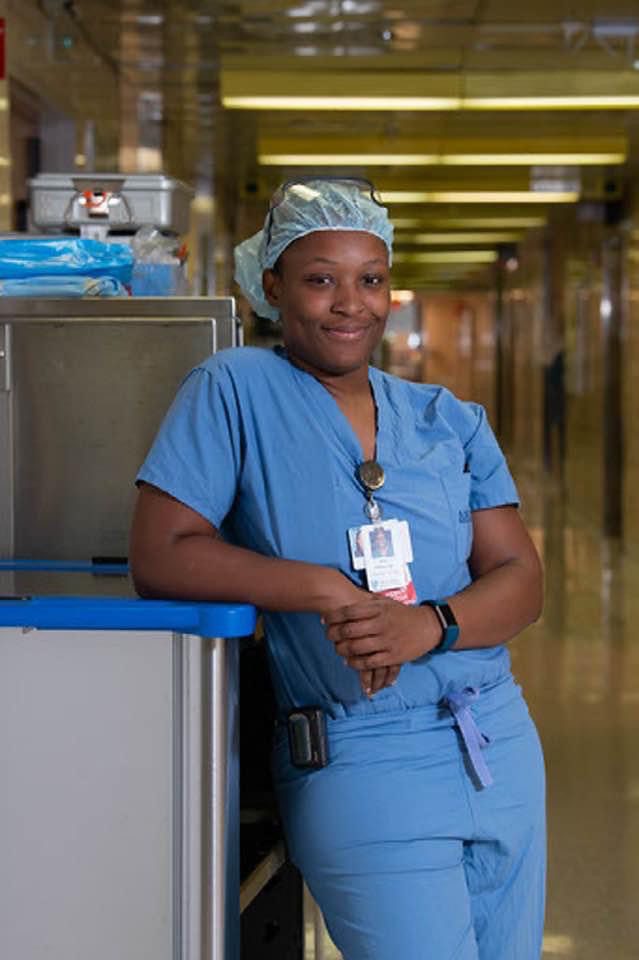
People’s health and well-being are heavily influenced by the communities in which they live. Ideally, people have ample access to medical services and the resources to pay for them. However, this is not always the case for underserved communities. According to the Health Resources & Services Administration, numerous communities have a shortage of doctors, a high rate of poverty and infant mortality, and a high population of older adults.
Therefore, when doctors bring their expertise and passion to these areas, they heal not only individual patients but also entire communities.
Dr. Imani McElroy, MD, MPH
One doctor with a passion for serving these communities is Dr. Imani McElroy, MD, MPH, a surgical resident at Massachusetts General Hospital in Boston. Her passion began in childhood. “My mom ran a temporary placement shelter for foster youth. I wanted to continue that tradition.”
After earning an undergraduate degree from the University of California at Irvine, she earned her MD from the Charles R. Drew/UCLA Medical Education Program, which she calls “life-changing. Its mission is to serve and uplift underserved communities. That was directly aligned with my life mission. She received her MPH from the Harvard T.H. Chan School of Public Health, which also focused on public policy and communities’ access to healthcare. At Massachusetts General Hospital, “They found ways to create opportunities that support me and my career goals,” Dr. McElroy shares.
Inequalities and Discrimination in Medicine
In the United States, minority groups often suffer higher rates of illness, poor outcomes, and death. Studies show differences in treatment and availability of services for minority and low socioeconomic status populations.
Dr. McElroy understands the need for change and is dedicated to finding solutions.
“We need to be truthful about history—how this country, and medicine as a whole, has not always been the beacon of pride that it should be. We need to rectify that. We have to acknowledge and own our past and truly move forward,” she says.
To that end, the American Medical Association has created guidelines to address discrimination and systemic racism in the medical field. Also, the federally funded National Health Service Corp gives scholarships to students in exchange for providing medical care in underserved communities. This program has provided 63,000 healthcare professionals to communities across the United States. These are two examples of essential steps, but there is much more to be done.
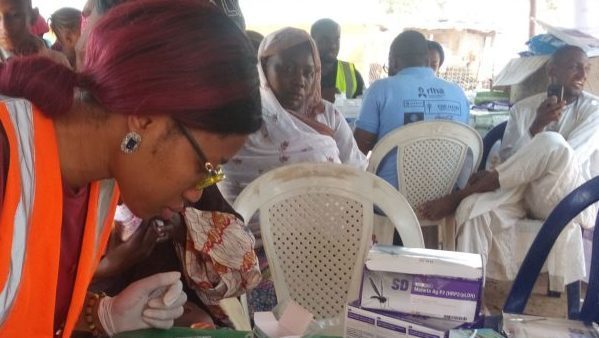
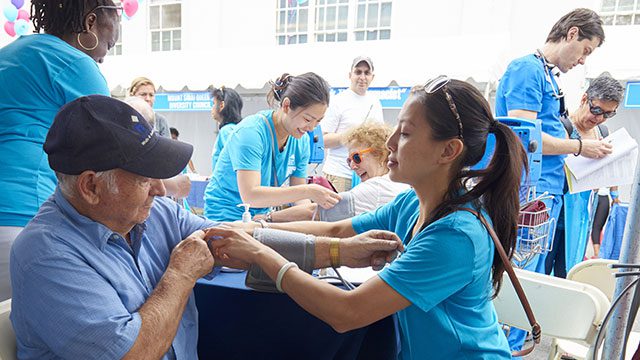
Research and Insight
Dr. McElroy has gained enough experience through her education and residency to reach her goals. “I did a study that looked at readmission work across the board. I assessed readmissions as a possible way to look at whether or not surgical populations were being well served. It was a great way to get a better understanding of how to do really directed research towards underserved communities,”she says.
Another important experience is her role as the Massachusetts General Physicians Organization Administrative Fellow.
“Massachusetts General clearly had looked beyond my application and looked to see what I was interested in. I sit in with the hospital administration, and I really get an understanding of how hospitals are, how our institution is run, and how we come to the policy decisions that we make. We’re figuring out how to not only be a leading institution in healthcare, but also to really push the paradigm and look at how we practice. And so this has been an invaluable experience to me and getting to work with different types of doctors,” she explained.
Dr. McElroy believes that the work cannot stop there. The next step is to use that research to speak out, act, and effect change.
She says, “I’ve been able to not only do research that pushes practice paradigms but I’ve also been supported in my efforts to speak up about inequalities in discrimination within medicine.”
Participating in local events and being visible in the community is a great way to connect doctors and underserved populations. Events such as toy drives and fundraisers bring much-needed help and build relationships. When Dr. McElroy was class president at her university, she organized multiple events for local communities. She did food drives for children at a homeless shelter, held numerous health fairs, and conducted community awareness events every year.
Five Years from Now
Inasmuch as we know that there is unfair treatment when it comes to race, what do the next five years have in store for doctors seeking to address medical inequality? Dr. McElroy optimistically states, “I think there’s definitely a new understanding of the importance of looking beyond the science of our patients—understanding why they present with disparities and creating interventions. A more diverse workforce will understand that our system right now is not equal and that we have a lot of work to do. They will be willing to do that work.”
Dr. McElroy recognizes her good fortune in having a platform that empowers her to follow her passion for resolving medical inequality.”It’s about being a part of and working for the community, really pushing for equity in health disparities, and creating change. I am forever grateful to be able to be at a place where the faculty, staff, and administrators are all supportive of those goals. They want to be a part of that change,” she says.
We are confident that Dr. McElroy will continue to be a clear voice in the journey toward equity in currently underserved communities. For those who may be following a similar career path, Dr. McElroy offers this valuable advice- e. “Be kind to yourself. This journey is hard but worth it. Give yourself grace; you are human. Build a support network and reach out for help. This journey is not meant to be done alone.”


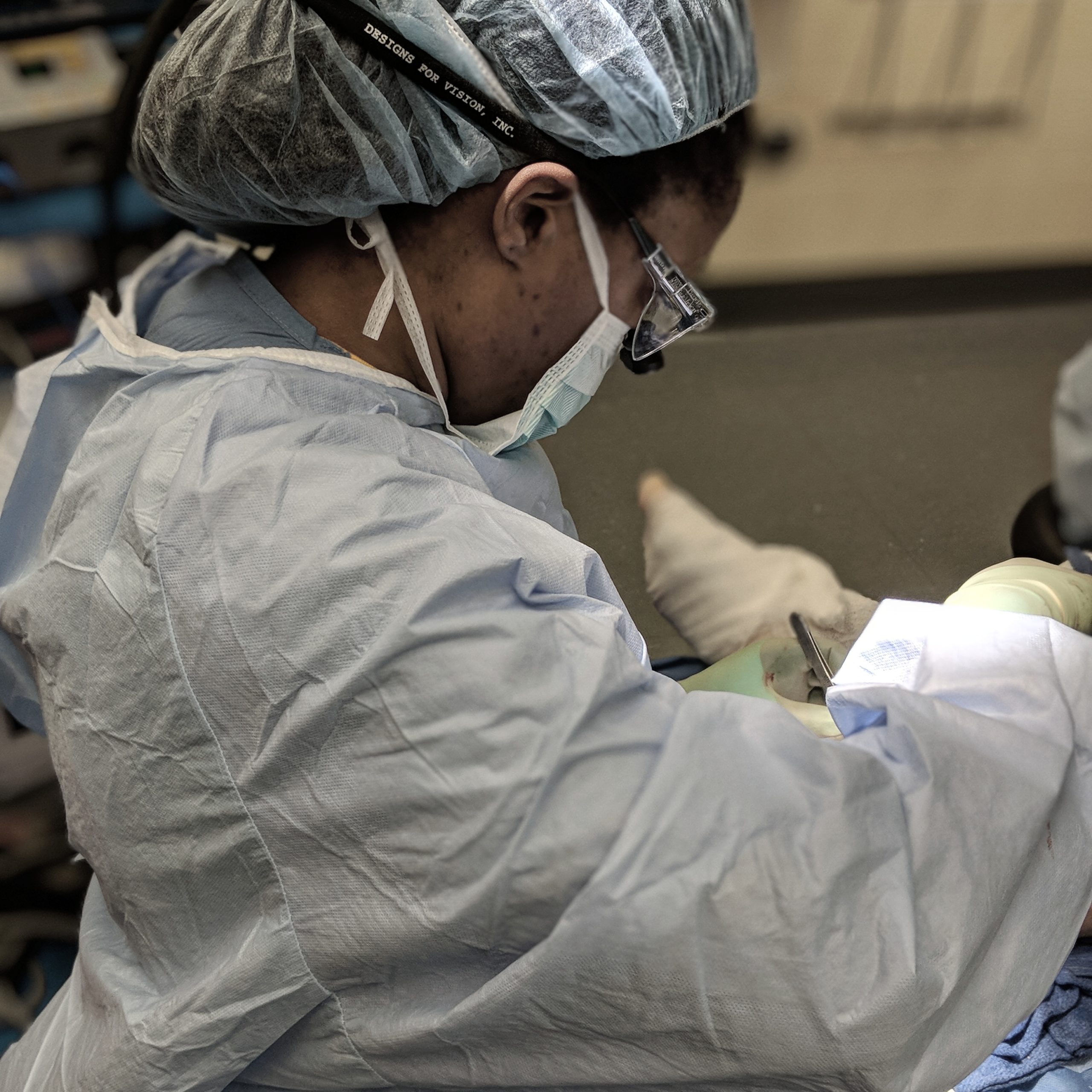


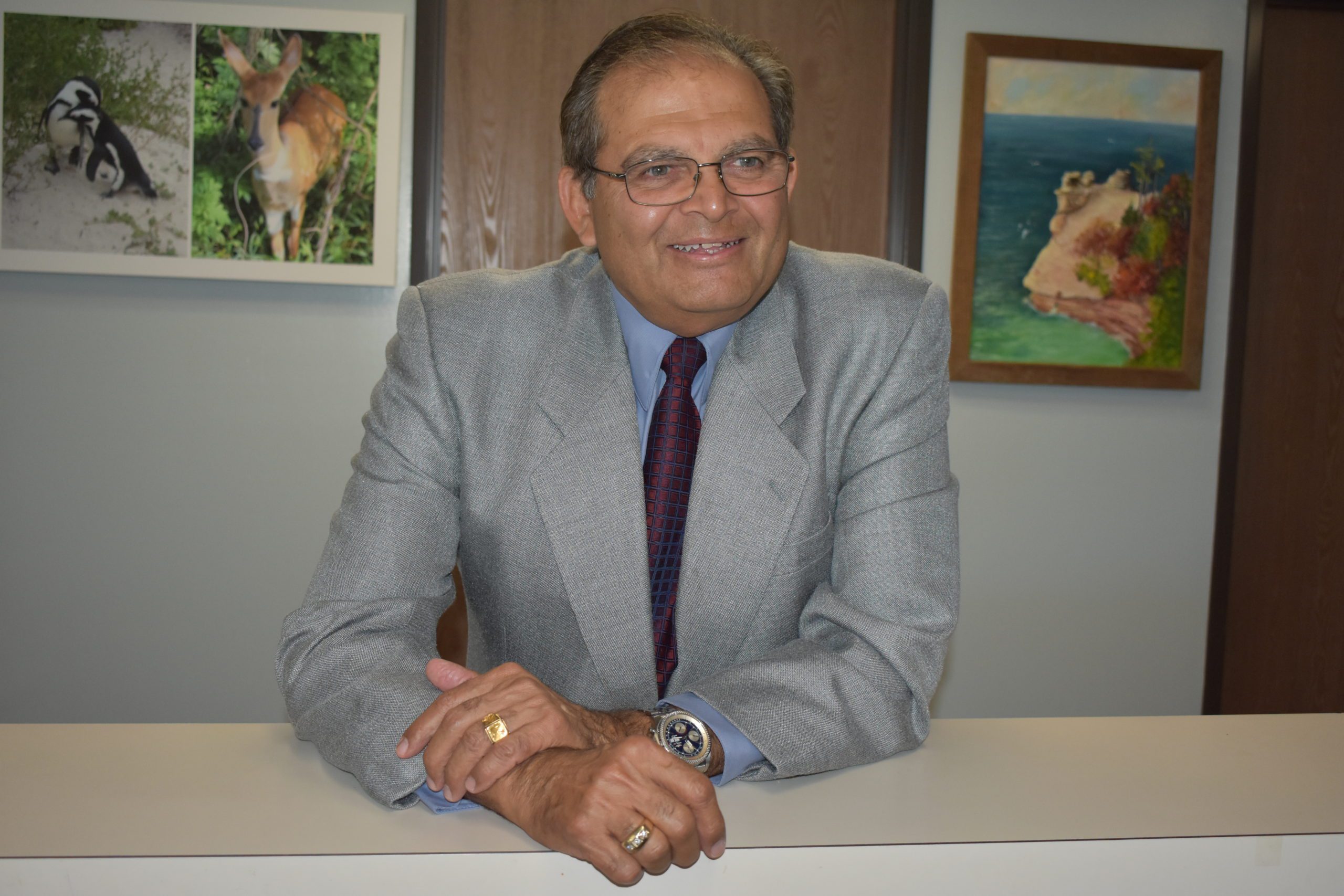
0 Comments